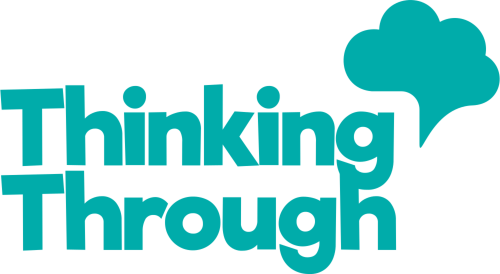Cognitive Behavioural Therapy (CBT) is an evidence-based talking therapy that has been tested scientifically over many years and has been proven to be highly effective for a range of emotional and mental health conditions.
It is recommended by the National Institute of Clinical Excellence for the treatment of Depression, Anxiety Disorders, Obsessive-Compulsive Disorder and Post-Traumatic Stress Disorder.

CBT can help us to gain a better understanding of how our thoughts and behaviours are inter-connected with our emotions. Through this understanding, we can start to overcome our problems and achieve our goals by challenging the way that we think and behave that are causing us difficulties.
CBT works on the theory that, rather than what happens to us, it is the way that we think about a situation which affects the way that we feel and respond.
Although we usually seek help because we are struggling with the way we feel, it can seem really difficult to just change our emotions directly. CBT suggests that, if we work together to identify thoughts and behaviours that are maintaining difficult emotions, we can start to consider different ways of responding and this can positively impact on the way that we feel.
What does it involve?
This largely depends upon the nature of your problem. However, there are some key features of CBT therapy.
Collaboration
CBT is fundamentally a collaboration between you and your therapist, each bringing their own area of expertise. Whilst your therapist has knowledge about effective ways to solve problems, you are the expert about your own experiences. At the end you should leave therapy knowledgeable and skilled in both.
Formulation
Formulation is the first part of therapy where, together with your therapist, you develop a clear picture of your difficulties and what is maintaining them. Sometimes, just having a better understanding of what is going on can help reduce some of the distress of a problem.
Psychoeducation
Once you have agreed the nature of your problem with your therapist, they will share with information with you in a range of formats. This will help you to better understand what it is you are experiencing and the theories supporting your therapy. Again, increasing your understanding of your experiences can help reduce some of your distress.
Tasks and Assignments
What kind of work you agree to pursue with your therapist will differ depending on the problems you are experiencing. These will be agreed together with your therapist and, whilst planned and started within sessions, they will often be continued between sessions. Tasks and assignments are designed to challenge how we think and behave in different situations and will encourage you to ‘notice’ what happens when you do something different.
Our online, confidential Cognitive Behavioural Therapists can help you gain a better understanding of how your thoughts and actions are affecting your emotional well-being and how to change these negative patterns into positive actions.
To see how Cognitive Behavioural Therapy can benefit you, get in touch with us today and we can discuss what we are able to do for you, using this very effective form of talking therapy.
